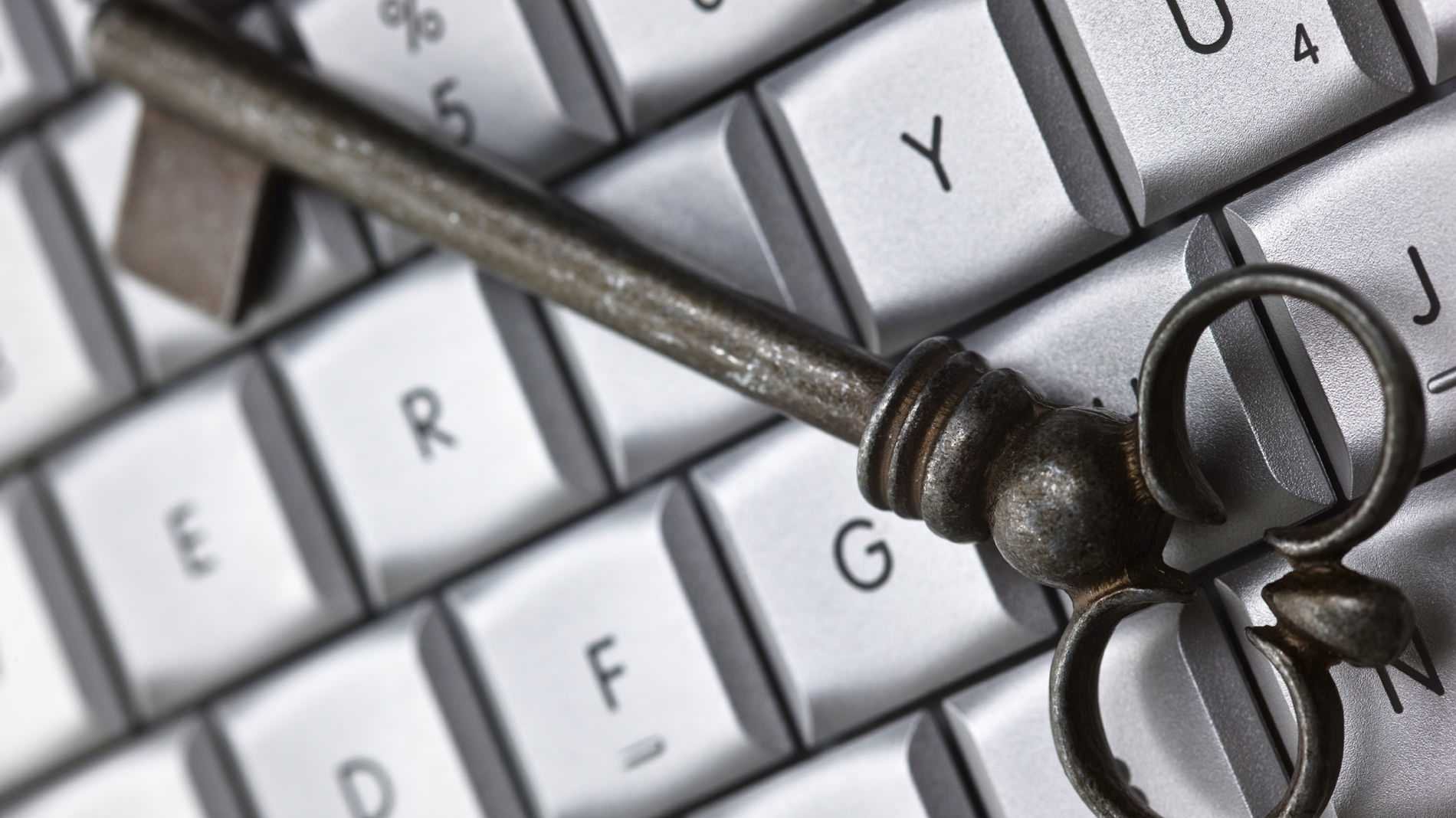Let's try to guess the code access (password) you use. QWERTY1234; 12345; Qwerty? aBc123 or trustno1 or qzpm123? If you use one of the above passwords, change it immediately: your password is on the list of the 25 worst passwords accessς. Αν τον αλλάξετε μη χρησιμοποιήσετε το ιδιοφυές 111111 ή το letmein.
Dignified passwords (passwords) have a problem: it's impossible to remember them.
More than a decade ago, Bill Gates predicted the end of passwords, but even today there are still people who have a post-it stuck on their screen that says "1234567". Meanwhile, billions of codes have been leaked and added to dictionaries using brute force applications.
But all indications are that passwords could end. Microsoft has confirmed that it will "slash" passwords in Windows 10 by introducing new options, with the support of Fast Identity Online Standard (FIDO).
This means you will connect with your face, your voice, your iris, your fingers footprints or a dongle, depending on which method your company chooses.
But it's not just about computers: Apple also uses the Touch ID from iPhone 5 and then (as well as iPad Air 2 and Mini 3) by replacing fingerprint passwords. Samsung with the Galaxy S5 also brings a fingerprint reader.
While none technology are not completely secure, fingerprint readers have improved enormously in recent years: Apple claims we'll have to try 50.000 different fingers to find one that matches randomly. It also claims that the method is much more secure than the one in 10.000 chance of a four-digit password being revealed.
It is much easier to forget a password than it is to forget our fingers or our eyes. Apple and Microsoft systems supported by the FIDO standard have a different architecture in old password model: fingerprints or other biometrics are stored locally, which makes it much more difficult for hackers to mass-acquire millions of credentials from a storage server as is the case today.
But the move that will take us away from passwords should be done very carefully as we are talking about the use of biometrics.
The password is abstract (unless you are one of those stupid people who use their name as a password) and impersonally. Biometric data, on the contrary, is very personal, and we all know the insatiable hunger of intelligence services. These types of data make this information irresistible.





